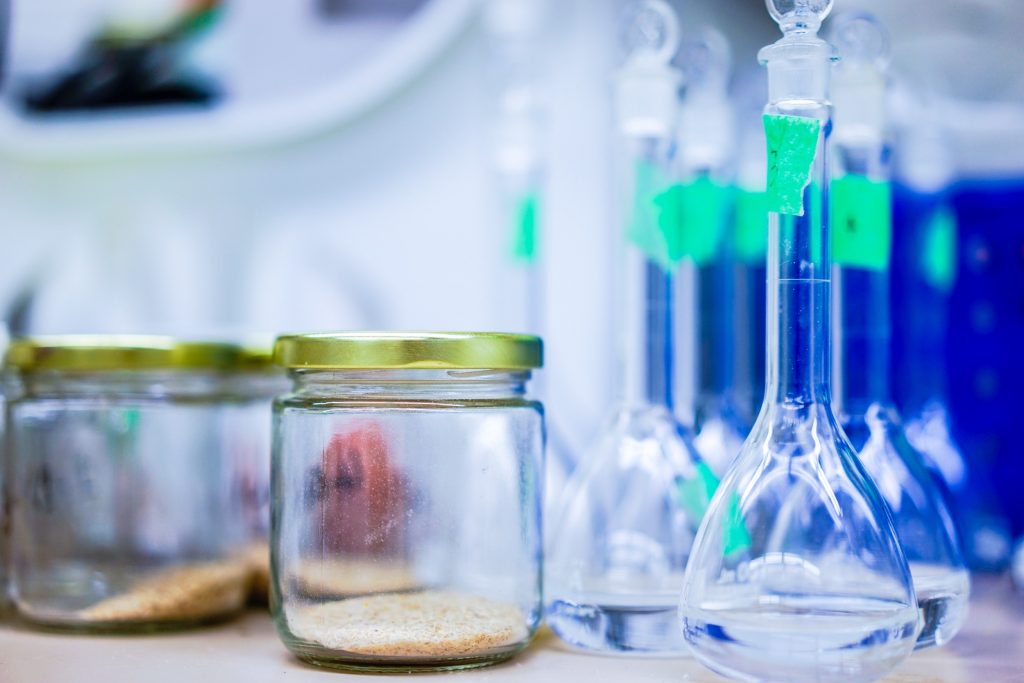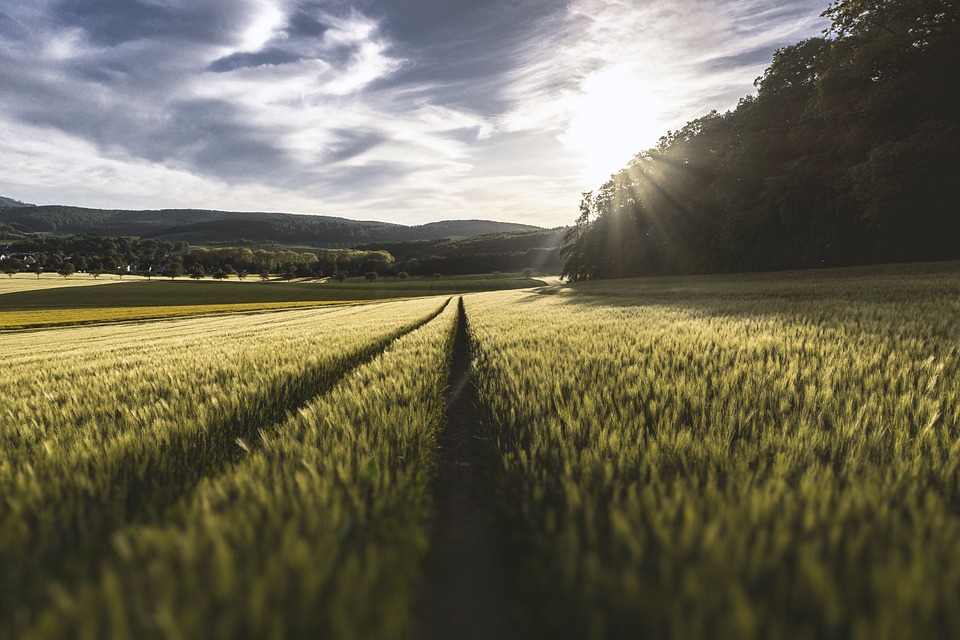Rethink life: nature, health, food
#genome #body #bacteria #GMO #brain #food

« Rethink life: nature, health, food » is part of the six journeys of the 2018 edition of Futur.e.s: here’s what you’ll be able to discover there. Detailed program and schedule coming soon…
Are we now capable of going beyond the limits that nature has imposed? ‘Rethink life’, is what we guarantee you will do after experiencing the innovations that may seem at first glance incredible, but which may well form part of our future. Modifying genomes, controlling the biological clock and bacteria, boosting the brain: from treatment for diseases to the evolution of a superperson, there is only a small step between today and tomorrow…but what a step! The ‘Life’ theme focuses directly on the implications of shifts such as these.
‘Rethink Life’ is not just about touching microscopic organisms, it’s also about redesigning how people live in their environments. Rethinking life is to bring the latest technologies to the body: brain-machine connections where thought can control a prosthesis. It’s to give the elderly new tools to stay independent as long as possible. It’s to offer young people educational experiences that will allow them to question the relationship between sex and gender. Exploring how we live in environments can improve how we live together, and above all open up new possibilities.
In the ‘Life’ stream, the most recent virtual reality medical devices share the stage with debates on the manipulation of genomes, health ‘wearables’, and the most innovative new training tools for nursing staff…all the different ways our lives are improving. But behind all of this lies the implicit question – how can we make our presence on Earth sustainable without giving up this quality of life?
At the centre of these discussions is also food and its evolution, and what this says about who we are and who we want to become. Tell me what you eat and I’ll tell you who you are: these new technological innovations have also become part of our dietary regimes and their environmental impacts – from mayonnaise made from micro-algae to the latest GMO.

HANDS ON EXPERIMENTS
- Biowatch, a device you can wear on your wrist which stores and communicates NFC cards and passwords by biometric recognition of veins.
- The CRI and W.A.X Science accompany Ania Khazina & Kelly Gibbs for the project (S)HE : Sexual Health and Education, a VR education experience deconstructing gender roles.
- diSplay from InSimo, a surgical planning tool for medical students, which enables them to step into the skin of a surgeon and to understand how organs function as if they were in an operating theatre.
- MyReVe, a virtual reality medical device that aims to combat phobias.
- Calmedica, an SMS chatbot with life-like language that follows up on post-operative patients. It permits carers to concentrate on caring and developing ambulatory surgery practices.
- AutonHome from Neuradom, a device for people who have lost their autonomy due to cognitive and motor issues, allowing them to stay independent in their own home for longer.
- Cottos Médical / Cycleo, a connected stationery bike for elderly people. Thanks to VR, it simulates a long cycle trip.
- MAScIR’s Lab On Card solution addresses the problem of access to tuberculosis screening in Morocco, offering a device that is as intelligent as it is frugal.
- bepatient / POP, a digital check up that creates a health prevention report based on an individual’s work place, alerting people to act to reduce risks of cardio-vascular disease.
- MyEye from OrCam, a revolutionary portable artificial sight device, designed to help blind or sight-restricted people, or those who have difficulty reading.
Discussions
- Goodbye Alarms: how mastering our biological clocks will (possibly) allows us to improve them
- Smartocracy: can we create intelligence on demand?
- The future of the genome
- GMO versus GMO: how to feed eight billion people without becoming slaves to Monsanto?
- State of the art menstrutech
- The power of bacteria
- Nutritious micro-algae and robotic fast-food: the future of food will be (potentially) ethical
- Artificial intelligence, inclusive design and disability
- Brain-machine interfaces: do we need to abandon the body to stay human?
Presenters
- Etienne Challet, chronobiologist, research director at CNRS, member of the Institut des Neurosciences Cellulaires et Intégratives
- Marion Coville, president at the Observatoire des Mondes Numériques en Sciences Humaines, and postdoctoral researcher at Télécom ParisTech, member of hackerspace Le Reset
- Pierrick Arnal, physiologist, researcher in charge of clinical research at Rythm, a French startup that created Dreem, a digital bandanna to improve sleep
- Hervé Chneiweiss, neurologist, research director at theNeurosciences Paris Seine laboratory and President of the ethics committee of Inserm
- Chloé Dru, Project Manager chez Blockchain Partners, accompagne les entreprises dans leur compréhension, exploration et adoption des technologies blockchain
- Newton Howard, creator of MIT’s Mind Machine Project, who developed a prototype for a neuronal implant with his startup ni2o
- Dr Christine Aicardi, historian of science and cognitive technology at King’s College of London, researcher with the Human Brain Project Foresight Laboratory
- François Artiguenave, doctor in molecular genetics, founder of the start-up Traaser, which develops genomic analytic software for personalised medicine
- Christine Peponnet, doctor in human genetics with the start-up DNA Script, which fabricates a more rapid DNA synthesis
- Chidananda Nagamangala Kanchiswamy, P.-D.G. of the Irish start-up PlantEdit, which genetically modifies the DNA of plants without introducing foreign DNA
- Xavier Duportet, co-founder of Eligo Bioscience, a start-up specialised in microbial manipulation
- Emmanuelle Quilès, President of Janssen Europe, Middle East & Africa (EMEA)
- Anca Petre currently works on the usage of blockchain technology in the medical and pharmaceutical; Chief Operating Officer at chez 23 Consulting
- Mathieu Goncalves, co-founder of Algama, a start-up that has developed a mayonnaise without eggs based on micro-algae and is looking to industrialise its production
- Philippe Goldman, P.-D.G. at Ekim, a start-up that develops entirely robotised restaurants, fitted out locally
- Gille de Bast, an artist specialised in brain-machine interfaces
- Héloïse Théro, a trained biologist, she is currently completing her thesis at the cognitive neuroscience laboratory at the Ecole Normale Supérieure
- Lucie Ronfaut, journalist at Figaro Tech, who created the idea of ‘menstrutech’
